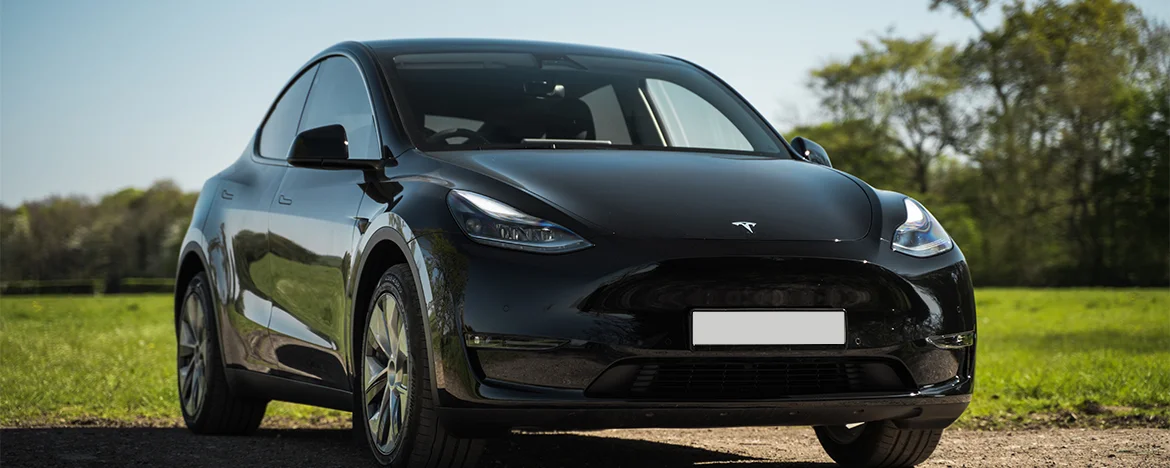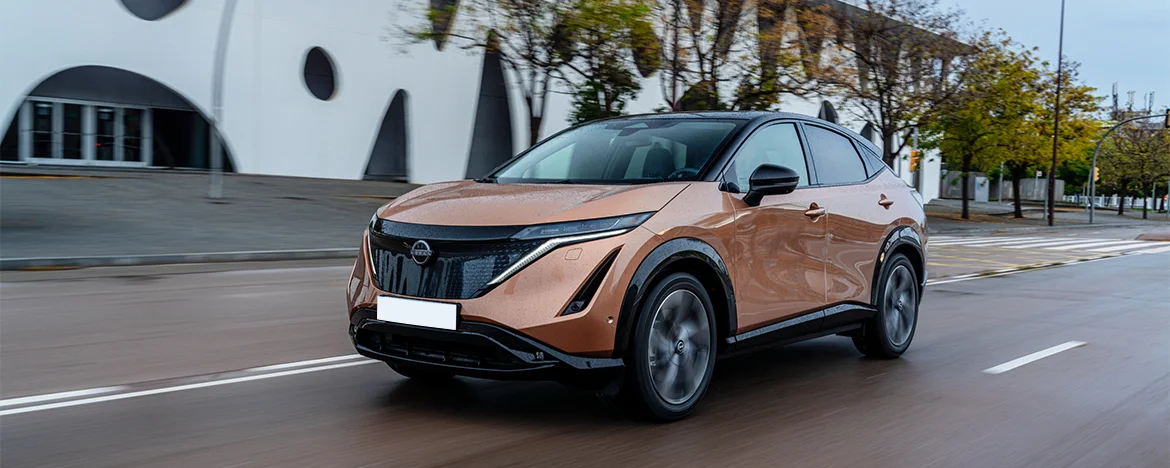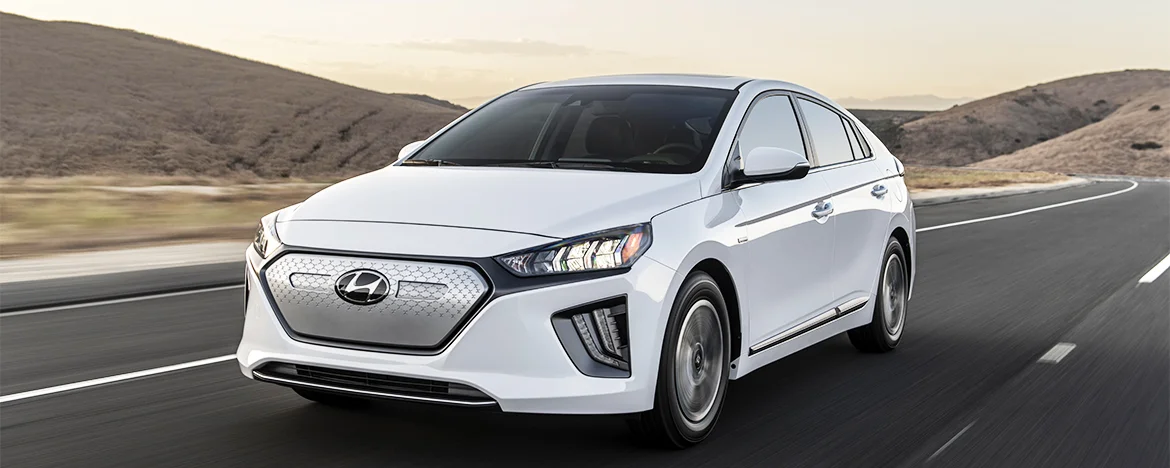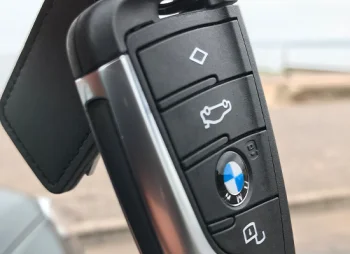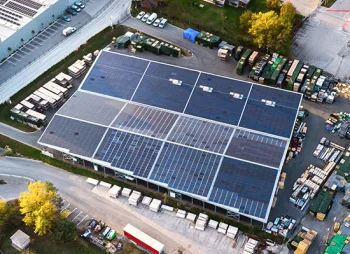Which one is right for me?
Whether you should go for a salary sacrifice scheme or a cash allowance is going to be a personal choice that varies from person to person.
There are a number of factors you’ll need to consider to make the choice, which include:
- Cost and tax considerations
- Ownership considerations
- Whether you want a new or used car
- If you have the ability to drive a BEV vehicle
Cost and tax
Company car allowances aren’t tax-free, though you won’t have to pay BiK tax, so it’s worth considering which scheme would work out to be the more expensive one for you based on how much Income and National Insurance tax you’d end up paying.
With a cash allowance, you’ll pay more tax, but with a salary sacrifice vehicle, you’d pay less NI and Income Tax, but you would be subject to Benefit in Kind tax.
There are also savings to be had on a salary sacrifice scheme beyond the tax savings, because they often include running costs like maintenance, repairs and insurance, and the total cost of ownership tends to be lower.
Ownership
If you go for the salary sacrifice scheme, you will be leasing a car and will have to return it to the funder at the end of the lease. It does mean you have the freedom to then lease a new car and potentially upgrade to a newer, better model.
But if ownership is important to you, a cash allowance might be the better option.
There are no restrictions on what type of car you buy (or lease) with a car allowance and no limits on what you can spend beyond your allowance if you have the means. You can buy an old, used car if that’s what suits your requirements, or go for something brand-new and whizzy.
If brand-new, but cost-effective, is what you’re after – an electric car salary sacrifice scheme will tick every box.

